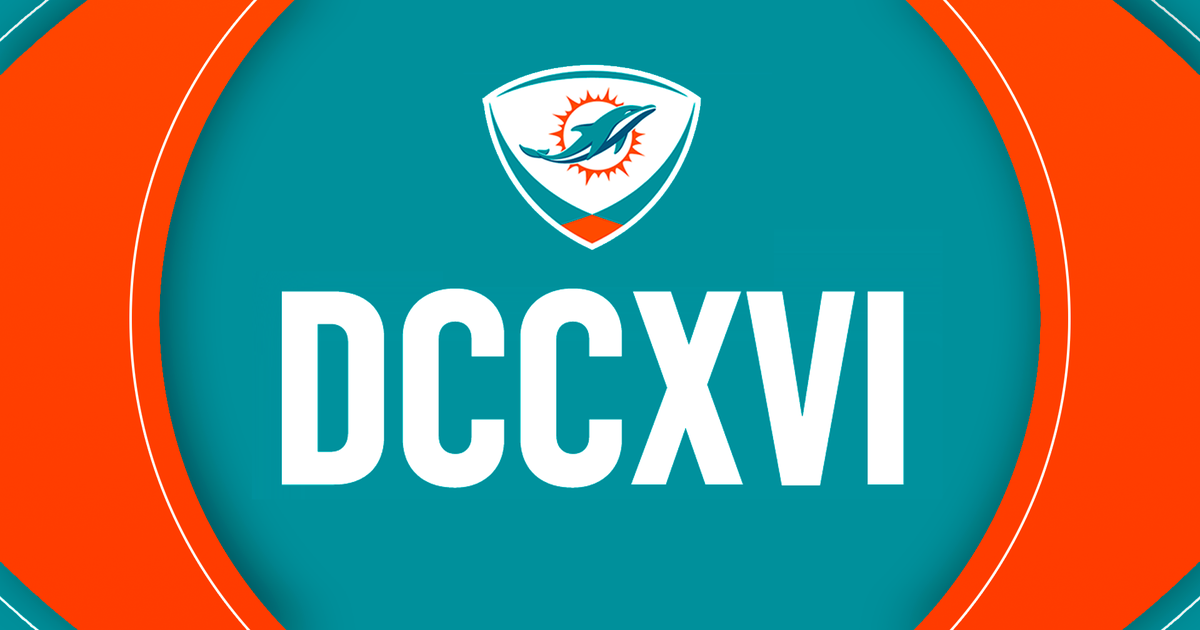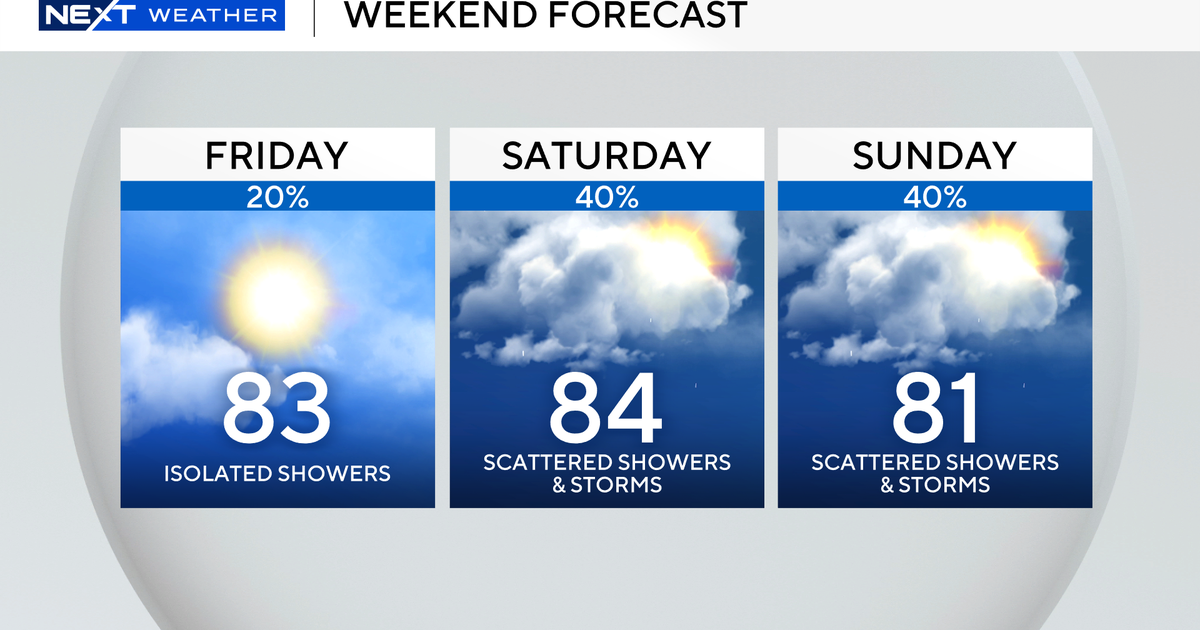Pointing to a “significant interest in protecting children and youth from social media’s harms,” 27 states last week backed Florida in an appeals court battle about a law aimed at keeping kids off certain social media platforms.
Attorneys general from the states, including Republicans and Democrats, filed a friend-of-the-court brief at the 11th U.S. Circuit Court of Appeals as Florida seeks to overturn a district judge’s ruling that blocked the law on First Amendment grounds.
“Excessive social media use has led to an alarming spike in adverse mental health outcomes among teenagers,” the brief, authored by Utah Solicitor General Stanford Purser, said. “And it increases youth susceptibility to depression, anxiety, self-harm and suicide.”
The law (HB 3), which was one of the biggest issues of the 2024 legislative session, seeks to prevent children under age 16 from opening social media accounts on certain platforms, though it would allow parents to give consent for 14- and 15-year-olds to have accounts. Children under 14 could not open accounts.
First Amendment concerns over new restrictions
U.S. District Judge Mark Walker in June issued a preliminary injunction sought by the tech-industry groups NetChoice and the Computer & Communications Industry Association, whose members include companies such as Google, Meta Platforms and Snap Inc., the operator of Snapchat. The groups filed the lawsuit in October.
Walker ruled the law likely violates First Amendment rights and cited the role of parents in policing social media use. The Tallahassee-based judge concluded that the law was not “narrowly tailored” to meet First Amendment legal tests.
“Although this court today finds that Florida’s challenged law is likely unconstitutional, it does not doubt that parents and legislators in the state have sincere concerns about the effects that social media use may have on youth, nor does it render parents or the state powerless to address those concerns,” Walker wrote in the June 3 ruling. “For example, this order leaves in place new provisions of Florida law that require covered social media platforms to terminate any account held by a youth under 16 in the state upon the request of a parent or guardian. Instead, like other district courts around the country, this court simply recognizes that the First Amendment places stringent requirements on the state to avoid substantially burdening speech unless the state can show that doing so is necessary to achieve its significant interests.”
Florida quickly appealed Walker’s ruling to the Atlanta-based appeals court. The brief filed last week by the other states disputed Walker’s conclusion that the law did not meet First Amendment tests.
“HB 3 is narrowly tailored to Florida’s significant interest in protecting minors from the harms of compulsive social media use,” the brief said. “The district court’s injunction undermines Florida’s authority to protect minors from social media’s harms. The (appeals) court should reverse it.”
Parents role in policing social media
The brief also pushed back against the idea that parents can adequately monitor children’s social media use.
“Parental controls have already proven insufficient to stem the tide of harm kids are suffering,” the brief said. “And, besides, kids inevitably find workarounds.”
Several states have passed laws in recent years related to social media use by children, spurring a series of legal fights.
Florida’s law does not directly identify which platforms would be affected by the regulations. But it includes a definition of such platforms, with criteria related to such things as algorithms, “addictive features” and livestreaming. Walker’s decision said, for example, that it would apply to YouTube, which is owned by Google, and Snapchat.
The appeals court has not scheduled a hearing in the case. Florida also requested a stay of Walker’s injunction while the appeal plays out, but the appeals court has not ruled on that issue.
The states that signed on to the brief were Alabama, Alaska, Arkansas, Delaware, Georgia, Idaho, Indiana, Iowa, Louisiana, Maryland, Michigan, Missouri, Montana, Nebraska, New Mexico, North Dakota, Ohio, Oklahoma, Oregon, South Carolina, South Dakota, Texas, Utah, Vermont, Virginia, West Virginia and Wyoming. Also, the District of Columbia signed on.



